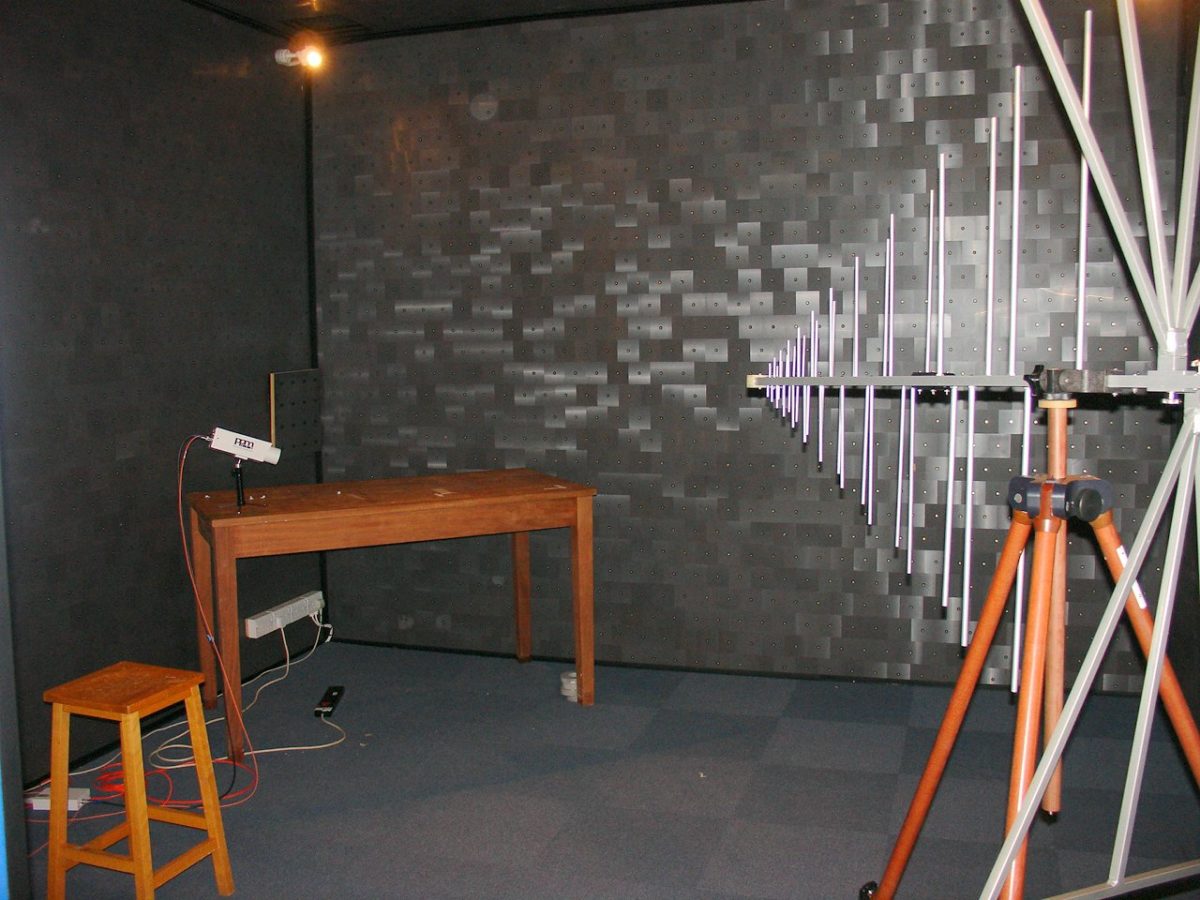The Swedish Electrical Safety Agency has ruled that some SolarEdge optimizers and one string inverter from Growatt do not meet its electromagnetic compatibility (EMC) requirements – halting their sale in the country. The agency had recently inspected inverters and optimizers from eleven different PV power electronics suppliers. The inspections were carried out to check as to whether the equipment meet the country's electromagnetic compatibility (EMC) requirements
The agency found that three companies were not in compliance with Sweden's current EMC rules. As a result, the manufacturers were banned from selling the products that were found to be in breach in the country.
The inspection was triggered by several reports received by the electrical safety agency, in which photovoltaic systems were said to have disrupted the radio communications of the police, aircraft, and the military.
The ban applies to Israel-based power electronics supplier SolarEdge for a number of its optimizers. Chinese manufacturer Growatt was also found to have fallen foul of the regulators, for its 8000TL3-S inverter series, which in Sweden are distributed by Sunnytek Solar Sweden AB, and a second company that has not been identified yet.
“There has been multiple news on SolarEdge optimizers that have shown to generate disturbance for an extended period of time,” Amelia Oller Westerberg, a PV market analyst at the consultancy Becquerel Sweden told pv magazine. ” The Swedish Electrical Safety Agency warned the company already in summer 2020 when it was still performing the study that is the basis for the decision.”
SolarEdge expressed surprise at the banning and claims that the complaints filed with the Electrical Safety Agency came from a handful of amateur radio operators.
Popular content
“These incidents have been extremely limited and have been addressed and resolved without causing major issues,” a SolarEdge spokesperson told pv magazine. “We wish to clarify that all current SolarEdge products are tested, approved and compliant with EU regulations, including EN61000-6-3, the EU standard directly linked to the EMC Directive.”
According to the manufacturer, existing installations are not affected by the measure. “While we disagree with this announcement, and will challenge it, SolarEdge has already begun the transition to its next-generation Power Optimizers, including the newly released S440, S500, P850, P950 and P1100, all of which comply with EN61000-6-3 and EN55011, the EU standard for radio frequency disturbance characteristics,” the spokesperson added.
At the time of publication, Growatt had not responded to pv magazine enquiries on the matter. The Swedish Electrical Safety Agency has also not responded nor identified the third manufacturer affected by the banning.
This content is protected by copyright and may not be reused. If you want to cooperate with us and would like to reuse some of our content, please contact: editors@pv-magazine.com.



Good!
As well as being involved in the renewable energy industry, I’m also a radio amateur.
It’s an unfortunate fact that poorly filtered solar inverters cause interference to radio reception; mostly, this is in the form of switching noise radiated from the DC string loop/s.
It’s about time that national regulators took more notice and require that compliance testing recognises this and places much stronger requirements for suppression of radiated switching noise.
Not only that but also better maintenance modular replacement parts. I own a solar edge symo inverter and one of relays died. This part could easily be replaced if it wasn’t soldered in on the mainboard but rather seated in a socket. This would improve maintenance/repair costs and less ewaste! I had to wait 3 months for a replacement for a new mainboard while a relay could simply be in stock and easily replaced if they just used a relay socket by design. The symo uses a mechanical relay and not a electronic relay for switching so this is will fail at some point in time. It was covered in warranty but still it could have been designed better. All this wouldn’t even effect the costs to much ether.
It is not impossible nor is it expensive to design equipment that does not create unwanted emissions. So, they should just do it. The background rf noise levels in urban areas has been steadily increasing for many years, it is about time rules are developed and enforced.
Apart from the well-known EMC interference problems of optimiziers, it is also doubtful that the reliability of so many electrical parts in the system makes you happy in the long run… just do the math.
A system with optimizers has n-times the number of points-of-failure on the roof than one without.
Even if the manufacturer offers you free replacement parts, you still have to bear the work hours to replace defective parts on the roof.